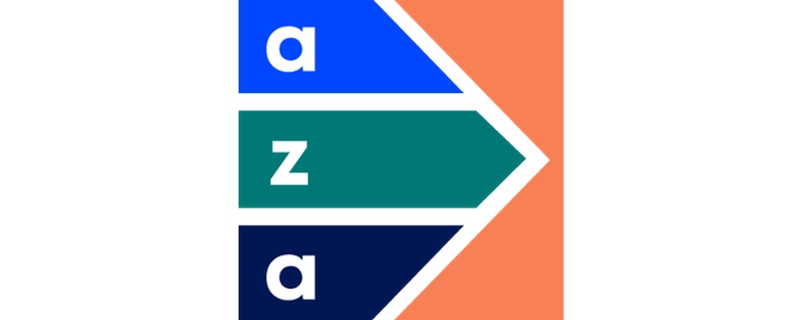Moody’s adds to SA pain; Naira's parallel market plunge; Kenya's kitchen sink against coronavirus: AZA FX Week Ahead

As South Africa began the world’s toughest coronavirus lockdown (no jogging, no dog walking, no alcohol or cigarette buying), Moody’s delivered its long-anticipated hammer blow, cutting South Africa’s credit ratings to junk status late on Friday. While the downgrade merely brings the agency in line with junk ratings from S&P and Fitch, it could make some investors forced sellers as the country crashes out of benchmark indexes including FTSE’s World Government Bond Index. The Rand slumped 3.7% for the week. We expect further weakening, with the lockdown contributing to a likely 3% contraction in 2020 GDP.
Naira under pressure after parallel market plunge
The Naira depreciated 9% in the parallel market, hitting 410 per dollar, a week after the CBN lowered its peg to 380 for the Investors and Exporters foreign exchange window. At the same time, the CBN suspended sales of FX to Bureau de Changes as its reserves shrank from $38bn to $35bn due to market interventions. With the price of oil — accounting for 90% of foreign exchange earnings — languishing below $20 a barrel, the Naira will continue to come under pressure.
Kenya throws kitchen sink against coronavirus
Multiple measures to offset the COVID-19 impact on Kenya’s economy eased pressure on the shilling, trading 2.4% higher for the week at 104.25. In an effort to boost liquidity, the Central Bank complemented a 100bps rate cut to 7.25% with an equivalent reduction to the reserves required for lenders, now at 4.25%. Governor Patrick Njoroge meanwhile cautioned that the weakening of the shilling in reaction to the CBK’s expressed intention to buy $100 million every month from commercial banks to restore its FX reserves was misunderstood and in some cases “malicious.” With cuts to VAT and corporation tax, Kenya’s policymakers have thrown the full kitchen sink of economic measures at coronavirus. But with 2020 GDP growth likely to halve to 3.4% amid reduced demand by the country’s main trading partners, and disruptions to supply chains and domestic production, we foresee continued pressure on the Shilling.
Ugandan interventions provide shilling brief reprieve
Uganda's shilling climbed 0.54% during the last two days of the week after the Bank of Uganda sold dollars in the interbank market to arrest this year’s 6% depreciation against the dollar. Amid declines in remittances of foreign earnings from the diaspora, Uganda also put pressure on money transfer firms to provide a boost by easing fees. MTN, the largest telco, eliminated some charges on its mobile money platform. Relief is likely to be brief as the coronavirus impact continues to put pressure on the shilling in line with other frontier currencies.

